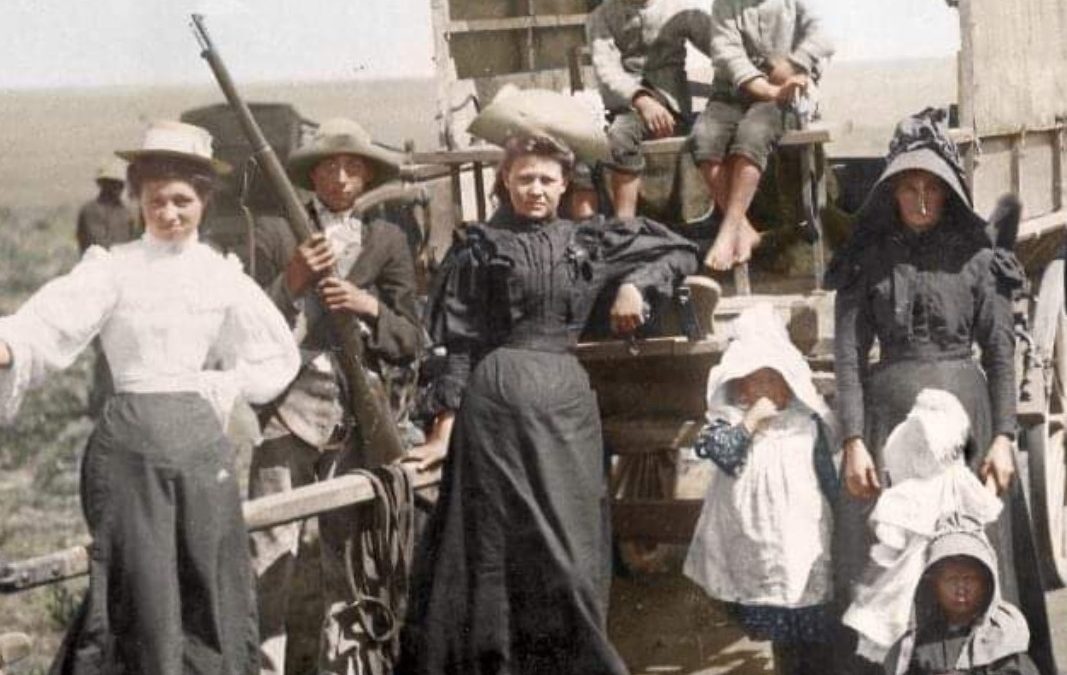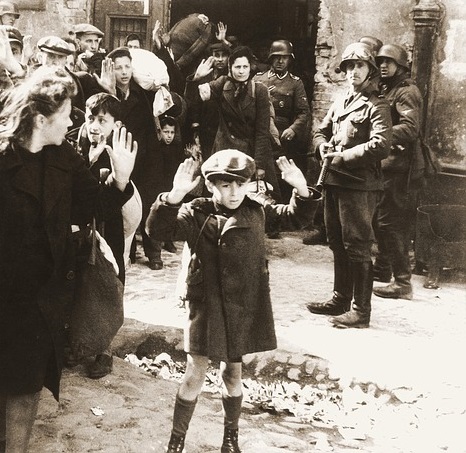
by Richard Subber | Jan 10, 2020 | American history, Book reviews, Books, History, World history
American leadership never was
what we thought it was…
Book review:
Fire in the Lake:
The Vietnamese and the Americans in Vietnam
by Frances FitzGerald (b1940), a Pulitzer Prize winner
Boston: An Atlantic Monthly Press Book, Little Brown and Company, 1972
491 pages
I don’t know how much of an audience there was for Fire in the Lake in 1972. I feel confident in guessing there wasn’t enough.
The American war in Vietnam was far from over in 1972 when FitzGerald wrote this densely researched journalistic review of U. S. policies and actions and ignorance in Southeast Asia. She makes it easier to understand why the American war effort was doomed from its earliest phase.
You should read Fire in the Lake to get the whole story–that is, the whole story as it was knowable in 1972. Be prepared to acknowledge that much of what you previously believed—and thought you knew—was wrong.
The American commitment to “containing Communism” was prominent, and tragically uninformed.
South Vietnam was the wrong place to try to “contain Communism,” no matter what that might mean.
There are more than 58,000 names on the walls of the Vietnam Veterans Memorial.
Some of them are the names of my friends.
* * * * * *
Book review. Copyright © Richard Carl Subber 2020 All rights reserved.
Book review:
Joseph Brant and His World
“Brant was fully a Mohawk…”
by James Paxton
–
Seeing far: Selected poems with 47 free verse and haiku poems,
and the rest of my poetry books are for sale on Amazon (paperback and Kindle)
and free in Kindle Unlimited, search Amazon for “Richard Carl Subber”
* * * * * *

by Richard Subber | Jan 6, 2020 | Book reviews, Books, Global climate change, History, Reflections, World history
It’s worth a second read…
Book review:
On the Beach
by Nevil Shute (1899-1960)
New York: Vintage International, Vintage Books, 1957
312 pages
I could not read On the Beach again without taking on some of the terminal burden of the characters. I awakened some of my disturbing memories (Weltschmerz, perhaps) of reading it the first time, almost 60 years ago.
Maybe you think you know the story line: in the aftermath of worldwide nuclear destruction, an inescapable deadly radioactive miasma is finally devastating Australia. The land down under is the last refuge of human beings on the planet.
All of them know they’re going to die in a couple months. Many of them choose to live as if they don’t know it.
The reader doesn’t need to apply much imagination. On the Beach is a baldly powerful chronicle of the unyielding imperatives of human nature, including the impulse to work side by side with someone you love, planting a garden, hoping to share a rich crop next year, ignoring the darkness in the northern sky.
Nevil Shute’s story is not out of date.
I desperately fear that my grandchildren may be re-reading this book as they survive in the hills, trying to ignore the advancing seas below.
* * * * * *
Book review. Copyright © Richard Carl Subber 2020 All rights reserved.
Book review: Shantung Compound
They didn’t care much
about each other…
by Langdon Gilkey
click here
–
Above all: Poems of dawn and more with 73 free verse poems,
and the rest of my poetry books are for sale on Amazon (paperback and Kindle)
and free in Kindle Unlimited, search Amazon for “Richard Carl Subber”
* * * * * *

by Richard Subber | Oct 31, 2019 | Book reviews, Books, History, World history
…a painful growth to womanhood…
Book review:
The Lost History of Stars
by Dave Boling (b1951)
Chapel Hill, NC: Algonquin Books of Chapel Hill, 2017
340 pages
This is a delicate story about sturdy people who try to preserve loving relationships in a brutal war.
It is an emotionally rasping challenge to read so much reserved conversation about the monstrous incivilities, tribulations, and hardships of Dutch farmers and their families who opposed the British Tommies during the Boer War (1899-1902) in South Africa.
Lettie, the 14-year-old oldest daughter on the Venter family homestead, cannot avoid her painful growth to womanhood. Against the agonizing deprivations and losses caused by the war, she matches her innocent courage and her freshening longing for love.
Bina is a young African woman who teaches Lettie that “deeds live.”
In time Lettie learns that deeds live in hearts, and that hearts can be broken, and that lives can be remade with loved ones who survive.
(Image courtesy of Boer War Colourised Photographs on Wikimedia)
* * * * * *
Book review. Copyright © Richard Carl Subber 2019 All rights reserved.
Book review: Seven Gothic Tales
by Isak Dinesen,
such lush and memorable stories…
–
Above all: Poems of dawn and more with 73 free verse poems,
and the rest of my poetry books are for sale on Amazon (paperback and Kindle)
and free in Kindle Unlimited, search Amazon for “Richard Carl Subber”
* * * * * *

by Richard Subber | Oct 10, 2019 | Book reviews, Books, History, Human Nature, World history
…all too believable,
all too horrific…
A friendship corrupted by Nazi hatred before WWII—
two friends who couldn’t understand how to avoid mutual self-destruction.
Book review:
Address Unknown
by Kathrine Kressmann Taylor (1903-1996)
Washington Square Press, New York, copyright 1938, published 2001
Read Address Unknown in one sitting. You can do it.
This is a tiny work that delivers gut punches on every other page. Repeatedly, it seems to be gratuitously dramatic and somewhat contrived, except that it’s all too believable and all too horrific.
It’s hard to discuss Address Unknown without including spoiler information, but I’m going to try because I think you should want to take a short time out of your busy day to read this through at one sitting and let the experience overwhelm you.
In 1932-34, Max Eisenstein, a Jew in New York, corresponds with his non-Jewish friend, Martin Schulse, in Germany. They have a joint business interest: a New York art gallery. Ominously, Hitler is setting the stage to become Chancellor of Germany in 1933.
Max and Martin habitually exchange letters. Their correspondence is swiftly transformed from business matters and the chatter of friends, to awkwardly ingenuous, increasingly corrosive, and bitterly destructive words that betray Martin’s fatal embrace of the newly politicized Aryan culture.
Max and Martin cease to be friends. The terrible consequence of their estrangement is no surprise, but not less terrible because we can so easily grasp its nature and implications.
Kathrine Taylor relentlessly tells the story. The reader is left to wonder about the dreadful imperatives of the kind of human behavior that cannot avoid self-destruction.
* * * * * *
Book review. Copyright © Richard Carl Subber 2019 All rights reserved.
You’re down to just one piece of bread…
…would you share it with anybody?
Book review:
Tribe: On Homecoming and Belonging
by Sebastian Junger
click here
–
Writing Rainbows: Poems for Grown-Ups with 59 free verse and haiku poems,
and the rest of my poetry books are for sale on Amazon (paperback and Kindle)
and free in Kindle Unlimited, search Amazon for “Richard Carl Subber”
* * * * * *

by Richard Subber | Sep 4, 2019 | Book reviews, Books, History, World history
…the supermen were underground…
Book review:
Mila 18
by Leon Uris (1924-2003)
American writer, World War II veteran
Garden City, NY: Doubleday & Company, Inc., 1961
442 pages
Whatever you think you know about the Warsaw ghetto uprising in 1943, you’ll know more after you read Mila 18.
Leon Uris wrote a historically detailed work of realistic fiction that will fill you with gagging horror, and with endless respect for the brave Jewish fighters who kept the Nazi killing machine at bay for a month in 1943.
About 13,000 Jews died in the burning buildings, in the bunkers, and in the sewers inside the ghetto.
Their main resistance command post was in an underground bunker located at ulica Miła 18.
It’s an almost inconceivable irony that the Polish street address can be translated as “18 Pleasant Street.”
* * * * * *
Book review. Copyright © Richard Carl Subber 2019 All rights reserved.
Book review: The Bartender’s Tale
Ivan Doig’s story, I mostly loved it…
–
Writing Rainbows: Poems for Grown-Ups with 59 free verse and haiku poems,
and the rest of my poetry books are for sale on Amazon (paperback and Kindle)
and free in Kindle Unlimited, search Amazon for “Richard Carl Subber”
* * * * * *
by Richard Subber | Jul 1, 2019 | Book reviews, Books, Books Commentary, History, World history
much was not lost…
Book review:
The Map of Knowledge:
A Thousand-Year History
of How Classical Ideas Were Lost and Found
Violet Moller
New York: Doubleday, 2019
312 pages
It’s quite possible that Moller offers much more than you already know about Euclid’s The Elements (c300 BCE). and Ptolemy’s The Almagest, (c150 CE), and the many published works on anatomy and medicine by Galen (130-210 CE).
The Map of Knowledge is a scholarly account of the preservation of knowledge from ancient times to the present day. I bet you can guess that it’s not a beach book.
Moller forgot to mention that throughout the centuries, most human beings on the planet couldn’t read or write, and so it was the lucky, the gifted, and the self-selected few who preserved important knowledge for the benefit of succeeding generations. Think about a version of Fahrenheit 451, stretched over the centuries.
Go ahead, read Fahrenheit 451 again.
* * * * * *
Book review. Copyright © Richard Carl Subber 2019 All rights reserved.
Book review: Tales from Shakespeare
good summaries by Charles and Mary Lamb…
–
In other words: Poems for your eyes and ears with 64 free verse and haiku poems,
and the rest of my poetry books are for sale on Amazon (paperback and Kindle)
and free in Kindle Unlimited, search Amazon for “Richard Carl Subber”
* * * * * *



